Here’s the most common homesteading mistakes new homesteaders make when they are starting out. I’ve made plenty of them along the way, and I’m sharing them now so you can avoid them.
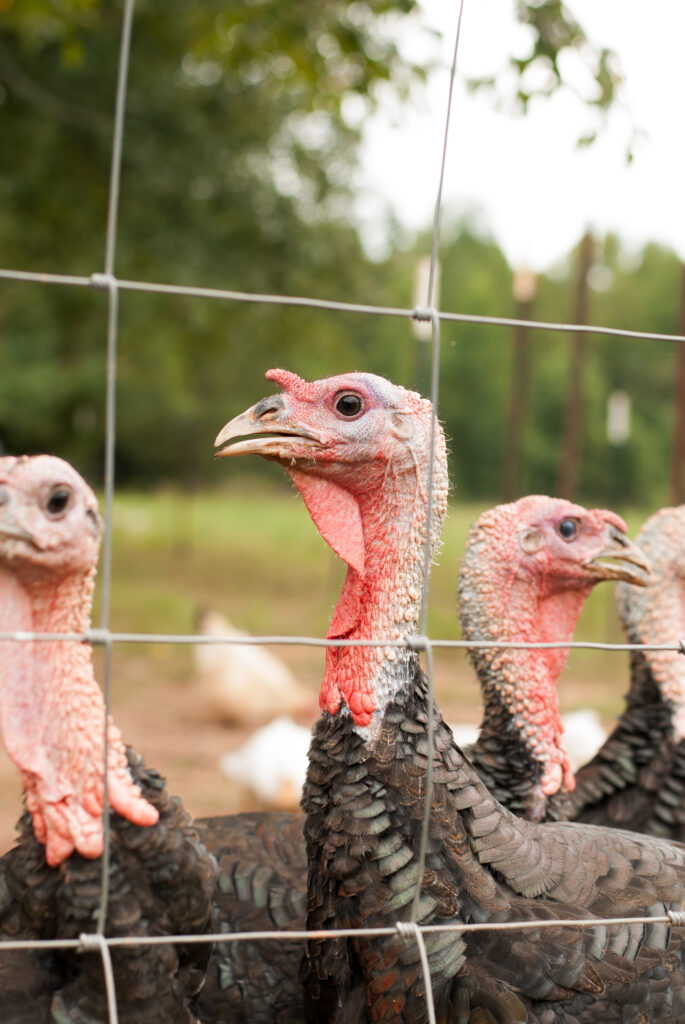
Our Homesteading Start
I live in a very rural agricultural community in the deep south. Where I’m from, most people live the homesteading lifestyle without even realizing it. It’s just a “normal” way of life. However, homesteading wasn’t part of my life growing up. While my grandmothers cooked from scratch, and had all the skills, they both worked full time jobs and didn’t have time for growing and raising food. They outsourced those things from friends that did.
When we began our journey, I knew nothing about raising animals. Luckily my husband has a green thumb and has taught me gardening along the way. We’ve still made our fair share of homesteading mistakes. I’m sharing the most common ones for you to avoid.
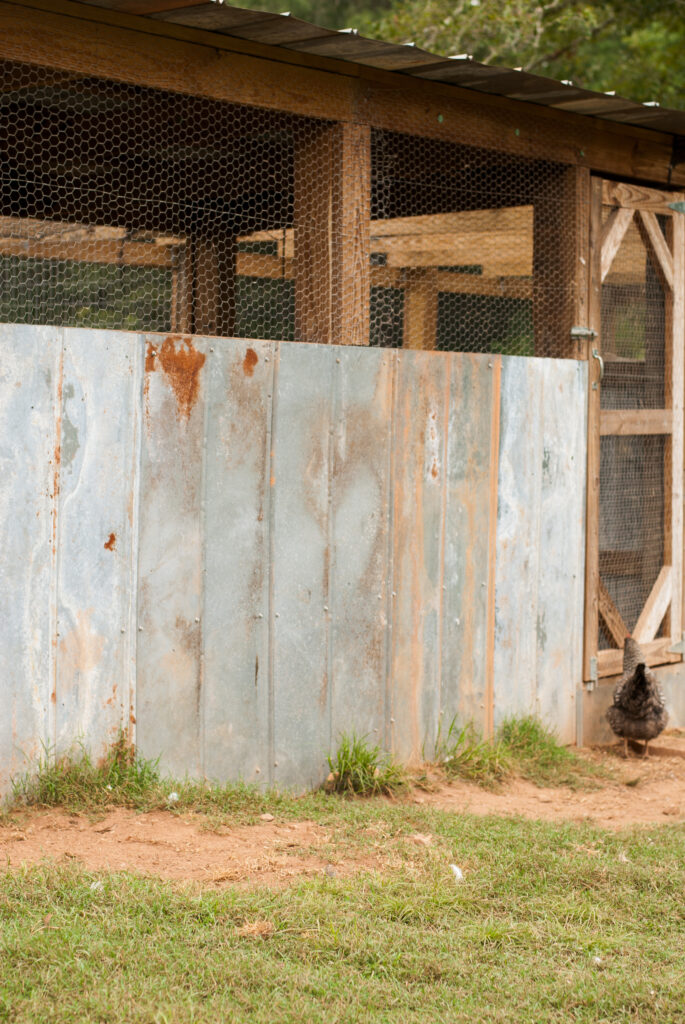
*This post may contain affiliate links which means I make a small commission at no extra cost to you. Read my full disclosure here.*
Here’s the list of common homesteading mistakes, and how you can avoid them:
Going into debt– I think this might be the biggest mistake I see people making when they are just starting out. Land, homes, infrastructure, and animals are expensive. All of this can add up to a huge debt. Homesteading isn’t known to bring in a lot of income, so the bills can really start to pile up. Focus on becoming debt free if you can. Drive a paid for car, live within your means, and don’t use credit cards if you can help it. Complete project slowly as you have the cash for them. Most homesteads have a ton of half-finished projects. Buy your equipment second hand. Learning a few mechanical skills will save you a ton on equipment costs. Get creative with using what you have and making do. The rest will come with time.
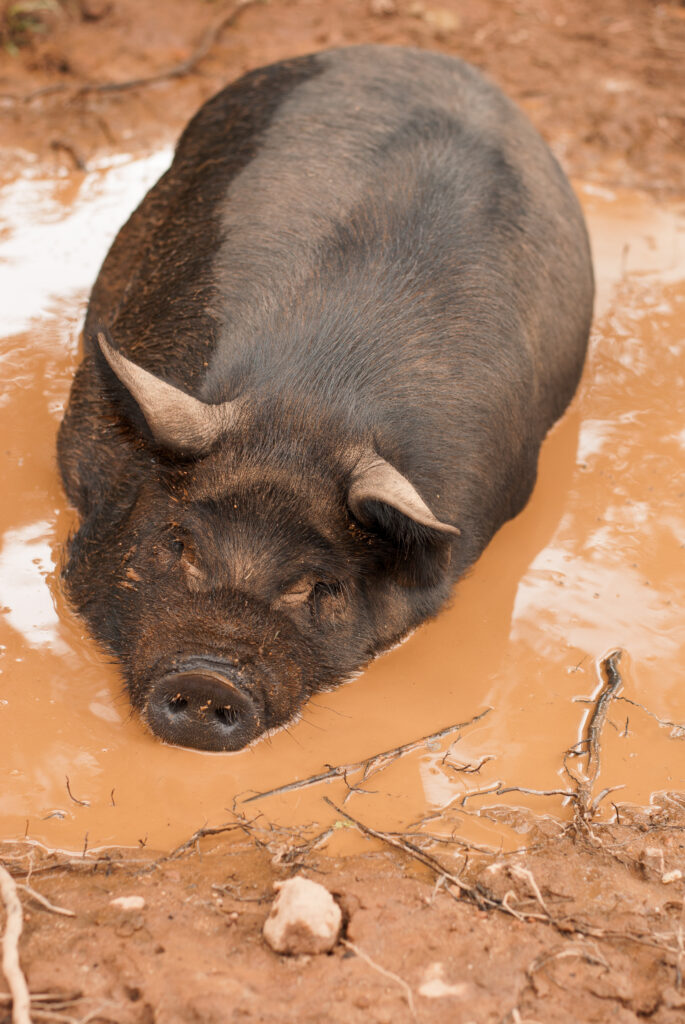
Taking on too much at once. When you are just beginning a homestead, a few chickens and tomatoes will have you instantly wanting more. The confidence both of those things give you, along with the ideas of total self-sufficiency, will quickly take over. Before you know it you’ll have more animals and gardens than you can maintain. Start slowly and learn one skill at a time. Eventually it will become second nature to you, and you’ll be able to focus on learning something new. If you build slowly, you are less likely to feel overwhelmed. You’re also less likely to take on more than you can manage.
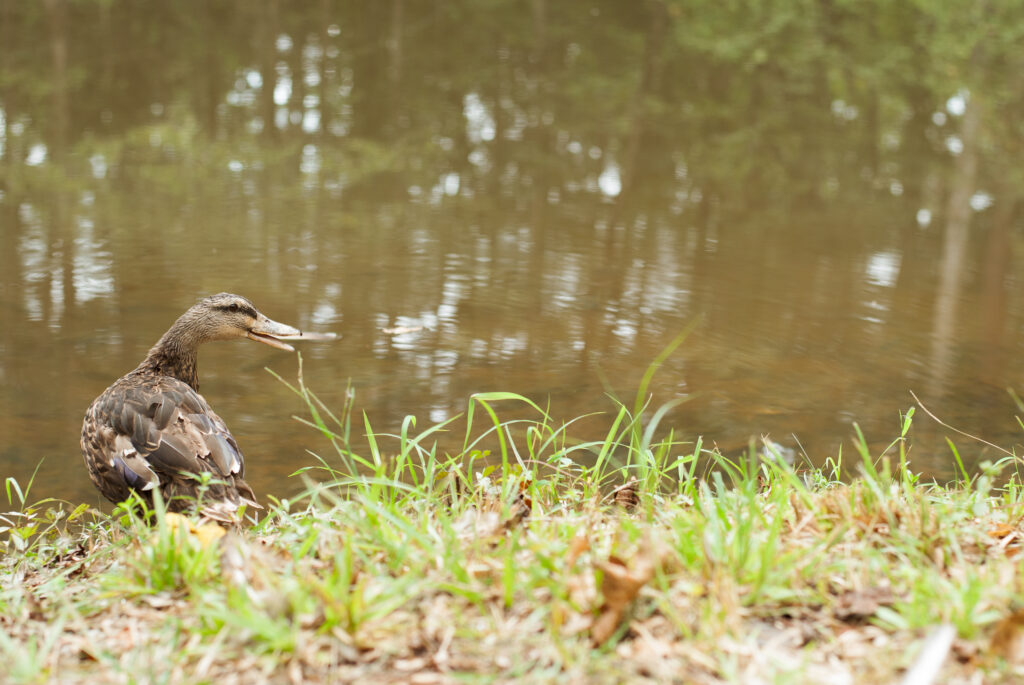
Always wanting more. Growing your homestead slowly is important if you’re learning new skills and staying out of debt. The urge to grow faster can be a hard one to fight. If you’re wanting to live a more simple, self-sufficient life work on learning to be happy with what you have. Being content will not only make homesteading less stressful, but it will give you more joy in the process.
Going all in. Most homesteaders dream of leaving their 9 to 5 and totally living off the farm. However, going all in too fast can be disastrous. Building an income from your homestead takes time. Build slowly, and plan responsibly. Keep your job until you can make a livable wage from your home. Have some extra cash put away for things that are going to come up on the farm. You don’t want to end up on an episode of Homestead Rescue.
Not being on the same page with your spouse. Homesteading is a lot of hard work and commitment. It’s physically and mentally exhausting. There’s always a problem to solve, a project to finish, or an animal to care for. Starting a homestead can also be hard on the finances. It requires both partners to be committed to the lifestyle, and to have a vision for the future. Otherwise, the homestead will cause major relationship problems.
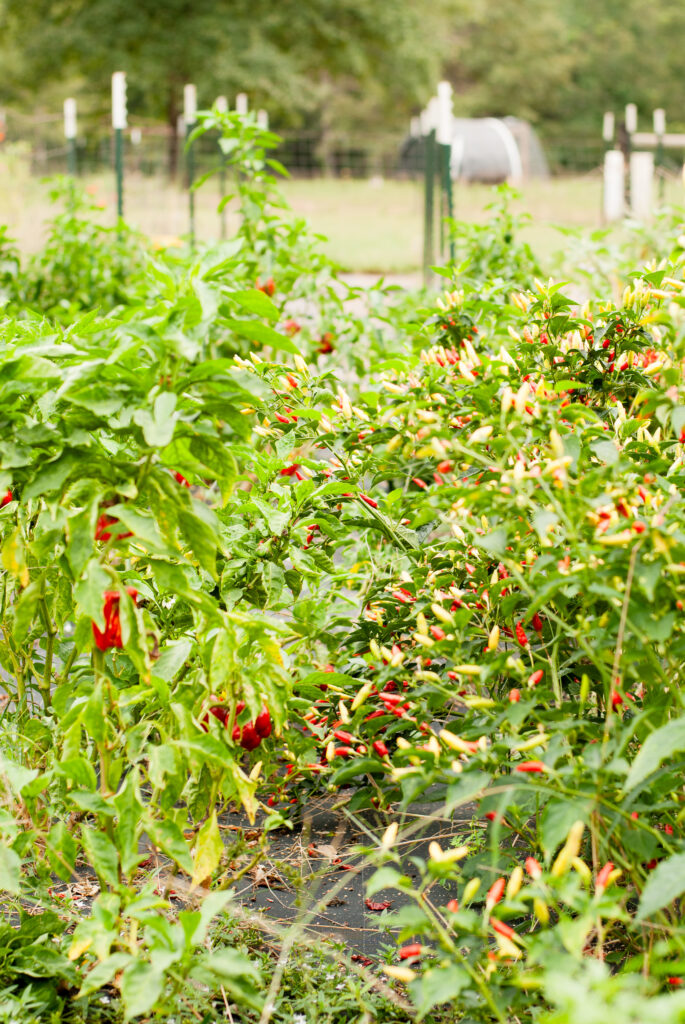
Trying to copy someone else’s homestead. I’ve made this mistake plenty of times. Social media is meant to look perfect and beautiful. It’s easy to think you should be doing the same thing as someone else. Those ideas usually don’t work out well because they don’t fit into your unique lifestyle or infrastructure. It’s great to get advice and learn from others who are more experienced, but to copy someone’s farm exactly probably isn’t’ going to work. Take the ideas and knowledge you get from those people and use it to build a homestead that is unique to you. You’ll be much happier, and things will go a lot smoother.
Being jealous of someone else’s homestead. This is also one I suffer from. Social media is full of beautiful gardens, and homesteads. People who live the life full time and seem to have it all together. Comparison is the thief of joy. Try to keep in mind that your journey is different, and your homestead will look different. People who truly homestead as a lifestyle rarely have picture perfect farms. Don’t compare your homestead to someone else.
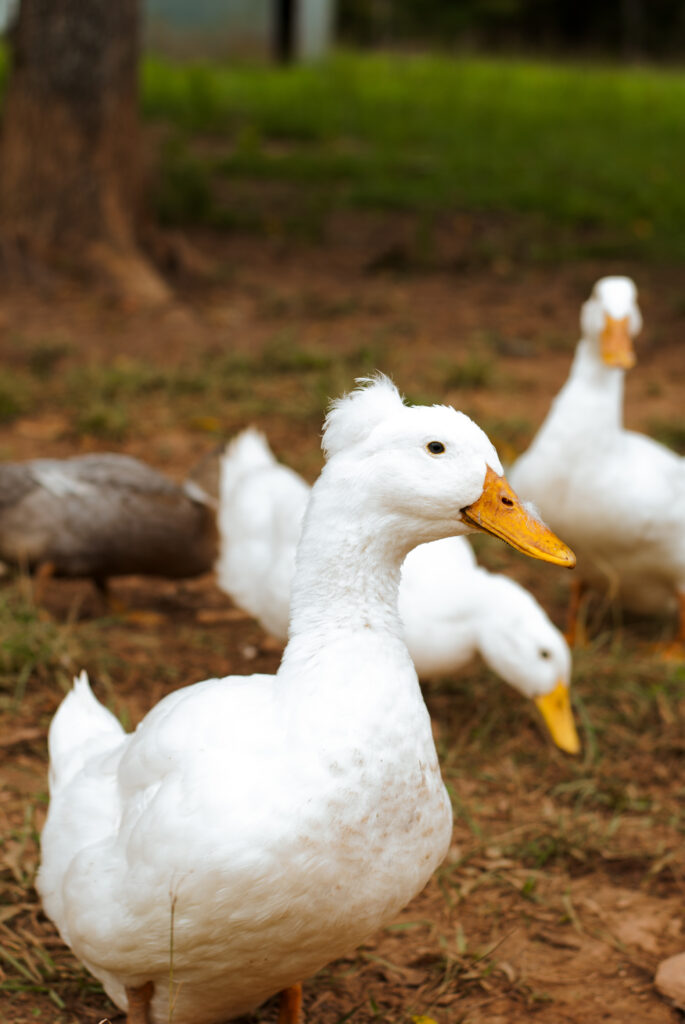
Not doing your research. Raising animals is challenging, and even more so if you don’t know what you’re doing. Do plenty of research prior to raising animals. Things you should consider are: the amount of property you have, and neighborhood covenants. The amount of time and care the animals require. The infrastructure you have, or what you’ll need to build. The overall cost of raising the animal as well as how to properly care for an animal.
A few of my favorite books are, The marvelous pigness of pigs, The chicken health handbook , and The backyard homestead guide to raising farm animals.
Giving up too soon. Successful homesteads take time to build. There have been times when I was ready to throw in the towel. Keep pushing through, and you will see so many rewards from the skills you learned. The way to overcome this is to set small goals. Start with something like planting tomatoes, learning to can vegetables, baking sourdough, or getting a small flock of laying hens. This will boost your confidence to keep going. Just don’t give up before you realize your dream.
I hope this article will help you along your homestead journey. Thanks for visiting my little farm!
More From The Farm
Raising Pigs: 6 Things You Need To Know
5 Reasons You Should Be Canning
If you enjoyed this article, please share it! Thanks for visiting my farm.
[…] Common Homesteading Mistakes and How To Avoid Them […]